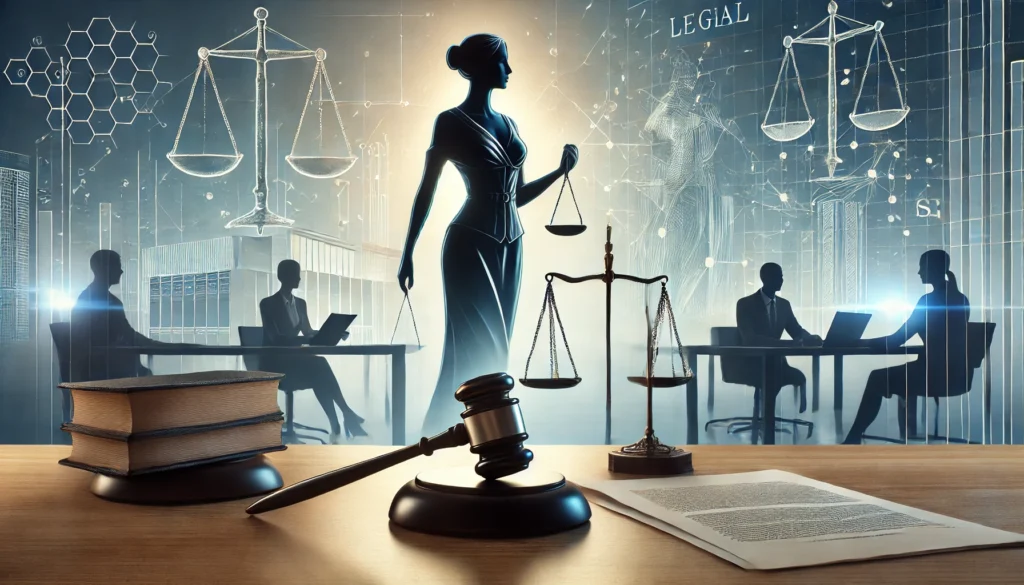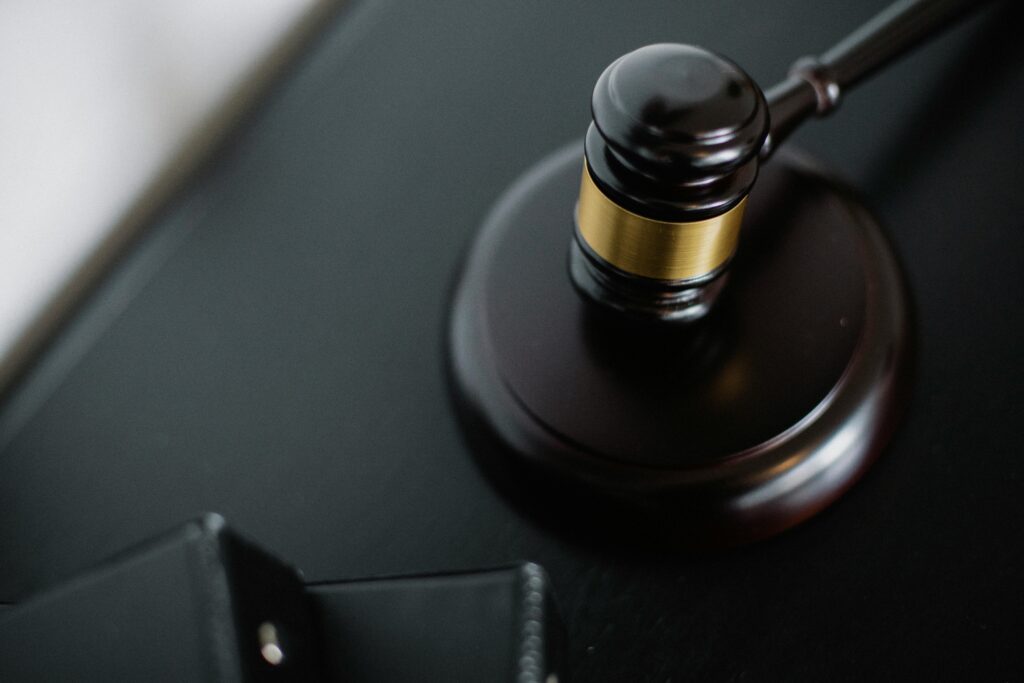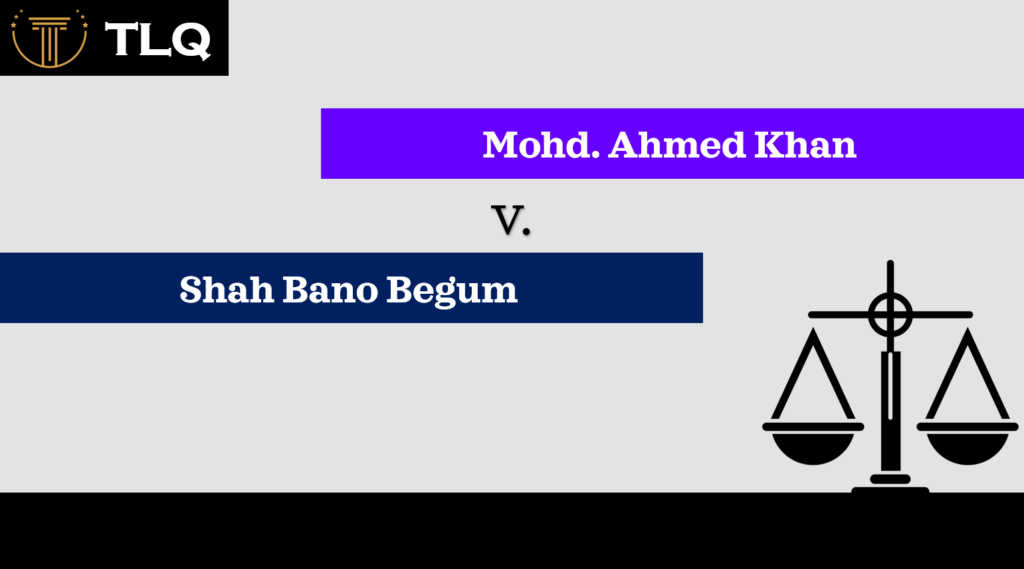Published On: 21st July, 2024
Introduction
In December 2023, South Africa brought a case against Israel to the International Court of Justice (ICJ), accusing it of genocide in Gaza. This case emerged in the wake of intensified conflict, which resulted in significant casualties and hostilities in Palestine. The ICJ’s involvement and subsequent rulings highlight critical issues in international law and humanitarian principles amidst ongoing violence in Gaza.
South Africa filed an application to institute proceedings against Israel on December 29, 2023, claiming that the country had violated several Genocide Protocol clauses. Nine provisional measures were requested to be indicated by the Court in the Application[1]. With “provisional measures,” which are effectively emergency orders that can be implemented even before the main case begins, South Africa is pleading with the International Court of Justice (ICJ) to act quickly to stop Israel from committing more crimes in the strip. In order to “protect against further, severe and irreparable harm to the rights of the Palestinian people under the Genocide Convention, which continue to be violated with impunity,” the argument goes that interim measures are required.[2]
On 26 January 2024, after oral hearings held on 11-12 January, the
Court issued its Order on provisional measures_ not taking into consideration the excessive harm that Israel had issued during this period- and indicated six provisional measures.[3]
Israel has vowed to defend itself in court after criticizing South Africa for initiating the case. Prominent Israeli figures, such as President Isaac Herzog, have labeled the case as “blood libelous” and “preposterous.”
Israel is likely to argue that its killing of more than 23,000 people in Gaza is in self-defense. Herzog declared that Israel “will present our case of using self-defense under our most inherent right under international humanitarian law proudly” to visit US Secretary of State Antony Blinken on Tuesday.
Several countries and organizations have backed South Africa’s suit. Malaysia, Turkey, Jordan, Bolivia, the Maldives, Namibia, Pakistan, Columbia, and members of the Organization of Islamic Countries (OIC) are among them.[4]
In this case summary, we will discuss briefly the key legal issues, the facts of the case, the judgments and orders, and the impact and significance of the case orders.
Key Legal Issues
In this section, we will delve into the primary legal issues at the heart of the ongoing conflict in Gaza, particularly those brought to the forefront by South Africa’s case against Israel at the International Court of Justice (ICJ). This case involves questions of international law, including:
- The Genocide: South Africa accuses Israel of committing acts of genocide in Gaza, invoking the 1948 Genocide Convention. Israel demolished Gaza after five months of military operations. More than 13,000 children have been among the more than 30,000 Palestinians who have died. With 71,000 injured and over 12,000 feared dead, many with life-altering mutilations. There has been a 70% destruction rate in residential areas. Eighty percent of people have been forced to relocate. Numerous families have been completely destroyed or have lost loved ones. Many were forced to leave their relatives’ dead festering in homes, on the street, or beneath the debris since they were unable to bury and grieve for them. Numerous people have been imprisoned and routinely treated inhumanely and degradingly. Future generations will be affected by the immense collective pain.[5]
- International Humanitarian Law: The case involves questions of compliance with international humanitarian law, including the protection of civilians and the provision of humanitarian aid. South Africa accuses Israel of committing acts of genocide against the Palestinian population in Gaza. This includes killing, causing serious bodily or mental harm, and deliberately inflicting conditions of life calculated to bring about the physical destruction of innocent people. (The 1948 Genocide Convention, particularly Article II, defines genocide and the acts that constitute it).[6] Israel is also accused of targeting civilians and civilian infrastructure, resulting in high civilian casualties and extensive damage, not taking into consideration what is stated in the Fourth Geneva Convention (1949), particularly Article 3, which protects civilians during armed conflicts, and Protocol I (1977) Additional to the Geneva Conventions, particularly Articles 48 and 51, which mandate the distinction between civilian and military targets and prohibit indiscriminate attacks.
South Africa states that Israel’s military operations in Gaza have involved disproportionate use of force, causing excessive harm to civilians and civilian objects about the anticipated military advantage. Article 51(5)(b) of Protocol I Additional to the Geneva Conventions, prohibits attacks that may be expected to cause incidental loss of civilian life, injury to civilians, damage to civilian objects, or a combination thereof, which would be excessive about the concrete and direct military advantage anticipated.
South Africa asserts that Israel has obstructed the delivery of humanitarian aid to Gaza, exacerbating the humanitarian crisis. Article 23 of the Fourth Geneva Convention, stipulates the free passage of humanitarian relief for civilians in need, and Article 70 of Protocol I, covers the provision of humanitarian aid during conflicts.
The forced displacement of Palestinians from their homes due to military operations and the destruction of civilian infrastructure. They are breaking the law of Article 49 of the Fourth Geneva Convention, which prohibits the forced transfer or deportation of protected persons from occupied territories.
Jurisdiction and Provisional Measures:
The Court has not decided on whether or not genocide has been committed. Nor has the Court decided whether it even has jurisdiction to hear the case.
For the provisional measures order, the ICJ only had to decide whether it had jurisdiction at first glance as well as:
- Whether there was a link between the measures requested and the rights covered by the case
- Whether the underlying case was at least plausible
- Whether there would be irreparable prejudice to the case if measures were not ordered
- Whether the matter was urgent
In taking their decision of 26 January, the Court described how it regarded all these conditions as being met.
The Court also decided that South Africa has the right to do so under the Genocide Convention, recalling that the obligations are towards all: they concern the international community as a whole.
South Africa had requested the Court to order a ceasefire. Unfortunately, The Court did not do so. The Court did not follow the language nor in some cases the content, of the other requests made by South Africa.
The provisional measures are legally binding on Israel and there is no right of appeal. There is of course no international police to enforce rulings of the ICJ, but any decisions the Court takes have at least reputational, political, and diplomatic impact including in the court of public opinion. It would also be possible to take the issue to the UN Security Council.[7]
Facts of the Case
- Humanitarian Crisis: The Gaza Strip faces an escalating humanitarian crisis marked by acute shortages of food, water, medical supplies, and other essentials. Tragically, Gaza’s health ministry reports that Israeli strikes have claimed the lives of over 32,000 Palestinians since the conflict intensified. Amidst this dire situation, South Africa’s Employment and Labour Minister, Thulas Nxesi, has urgently appealed for international intervention at the 350th Session of the Governing Body of the International Labour Organisation (ILO). His impassioned plea underscores the pressing need for an immediate ceasefire and humanitarian aid in Gaza, urging swift action from the international community to alleviate the suffering of the Palestinian people.[8]
Judgments and Orders
Provisional Measures Issued by the ICJ:
The Court orders:
As of the latest updates, the International Court of Justice (ICJ) has not yet issued specific provisional measures in response to the situation in Gaza. While there have been calls from various quarters for international action and accountability regarding alleged violations of human rights and international law, including the possibility of measures consistent with the provisions of the Genocide Convention, formal orders from the ICJ about Israel and Gaza remain pending. It is anticipated that any such measures if issued need to be obtained through legal procedures and the principles of international law. As the situation continues to evolve, stakeholders are closely monitoring developments and awaiting further decisions from the ICJ and other relevant international bodies.
ICJ’s Position on Jurisdiction: While the International Court of Justice (ICJ) has not yet taken a stance on the Gaza crisis, the people of Gaza and those who stand up for justice are losing hope. They are not being protected even by international laws. The silence of the ICJ on this matter is worrying, as the ongoing genocide is only worsening with no rules and measures imposed on Israel to halt these atrocities. Calls for the ICJ to intervene reflect a widespread desire for legal recourse and impartial adjudication in the face of humanitarian concerns. However, as of now, any potential involvement of the ICJ remains speculative, pending formal legal proceedings and decisions by relevant parties.
Impact and Significance
The potential involvement of the International Court of Justice (ICJ) in addressing the Gaza crisis holds significant implications for international law and the pursuit of justice in conflict zones. As one of the primary judicial organs of the United Nations, the ICJ’s intervention could serve as a beacon of hope for victims of human rights abuses and violations of international humanitarian law. The ICJ’s jurisdiction and authority to adjudicate disputes between states and interpret international law signify its potential to hold states accountable for their actions and promote the principles of justice and accountability on the global stage. Furthermore, the ICJ’s uninvolvement in the Gaza crisis could have far-reaching consequences for the resolution of conflicts and the protection of civilian populations in similar situations worldwide. However, the absence of concrete action or rulings from the ICJ thus far is a cause for concern, highlighting the urgency for the international community to address the escalating humanitarian crisis and ensure accountability for alleged violations of human rights and international law in Gaza.
Conclusion
South Africa’s case against Israel at the International Court of Justice (ICJ) highlights the pressing need for accountability and fairness in the face of the escalating crisis in Gaza. The accusations of genocide and violations of international humanitarian law have brought into focus complex legal issues that demand our attention. While the ICJ hasn’t taken any specific actions yet, the potential for its involvement is crucial for ensuring that justice prevails and that those responsible for the suffering in Gaza are held accountable.
The absence of concrete action from the ICJ is troubling, as it leaves the ongoing atrocities in Gaza unchecked. However, the calls for the ICJ to step in and take action reflect a shared determination to seek legal solutions and fair judgments in times of crisis. The international community must continue to advocate for meaningful intervention from the ICJ to address the humanitarian situation and to uphold the principles of justice and human rights.
As we navigate through this challenging situation, it’s essential to keep pushing for accountability and fairness. The ICJ has a critical role to play in promoting peace and resolving conflicts, but where is it now in this ongoing genocide? All of this brings us into concern, if human rights are not protected and are not taken into consideration when it comes to the people of Palestine, are we ensuring justice for all? Does human rights only apply to a targeted group of people?
It is not the first time that Israel has committed a Humanitarian crisis, so why is it always considered innocent when it comes to breaking humanitarian laws, can “a state”-as it considers itself – commit such genocidal acts and still be considered innocent among certain parties, and be protected by law?
Reference(s):
[1](South Africa’s Application Instituting Proceedings, para. 144.)
[2] ALJAZEERA, Israel-Palestine conflict, A quick guide to South Africa’s ICJ case against Israel(LINK)
[3] Application of the Convention on the Prevention and Punishment of the Crime of Genocide in the Gaza Strip (South Africa v. Israel), Order of 26 January 2024, para. 86.
[4] ALJAZEERA, Israel-Palestine conflict, A quick guide to South Africa’s ICJ case against Israel(LINK)
[5] Human Rights situation in Palestine and other occupied Arab territories, 26 February–5 April 2024 Agenda item 7,(LINK)
[6] Convention on the Prevention and Punishment of the Crime of Genocide, Article II (LINK)
[7] Chatham House, South Africa’s genocide case against Israel: The International Court of Justice explained, PUBLISHED 26 JANUARY 2024,(LINK)
[8] South Africa Government News Agency, South Africa demands immediate ceasefire and humanitarian aid in Gaza, Thursday, March 14, 2024 (LINK)




